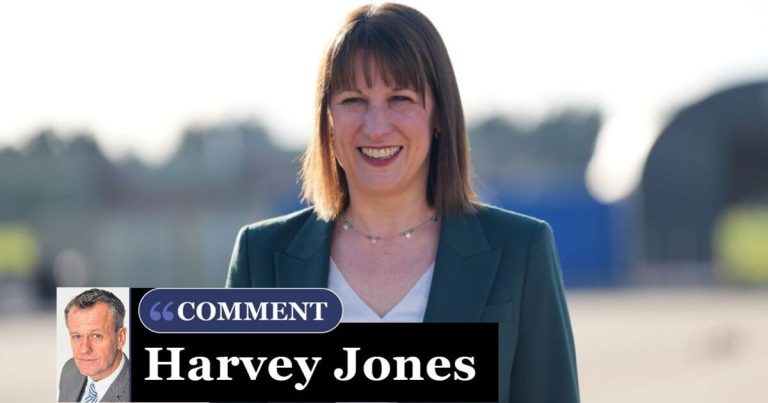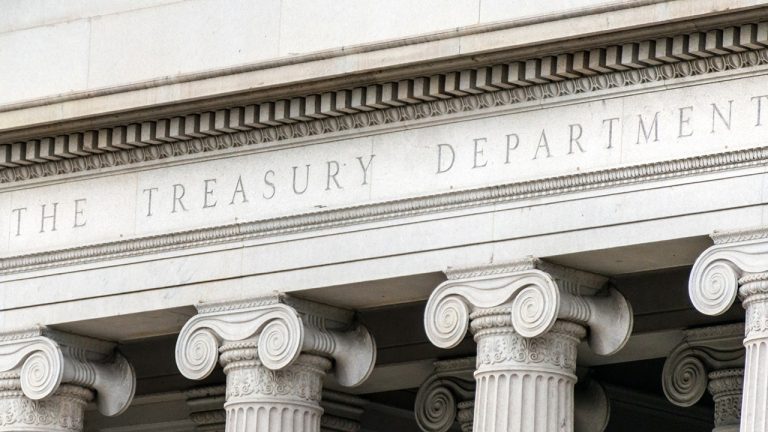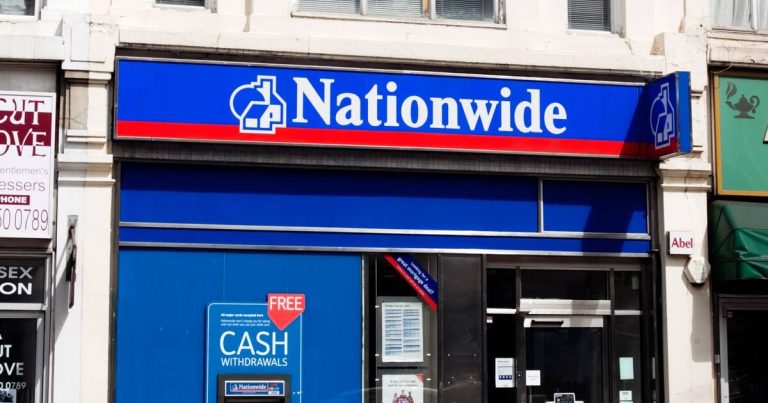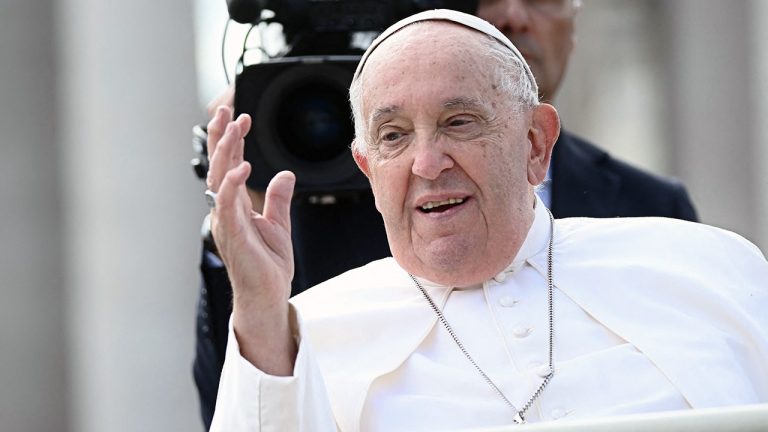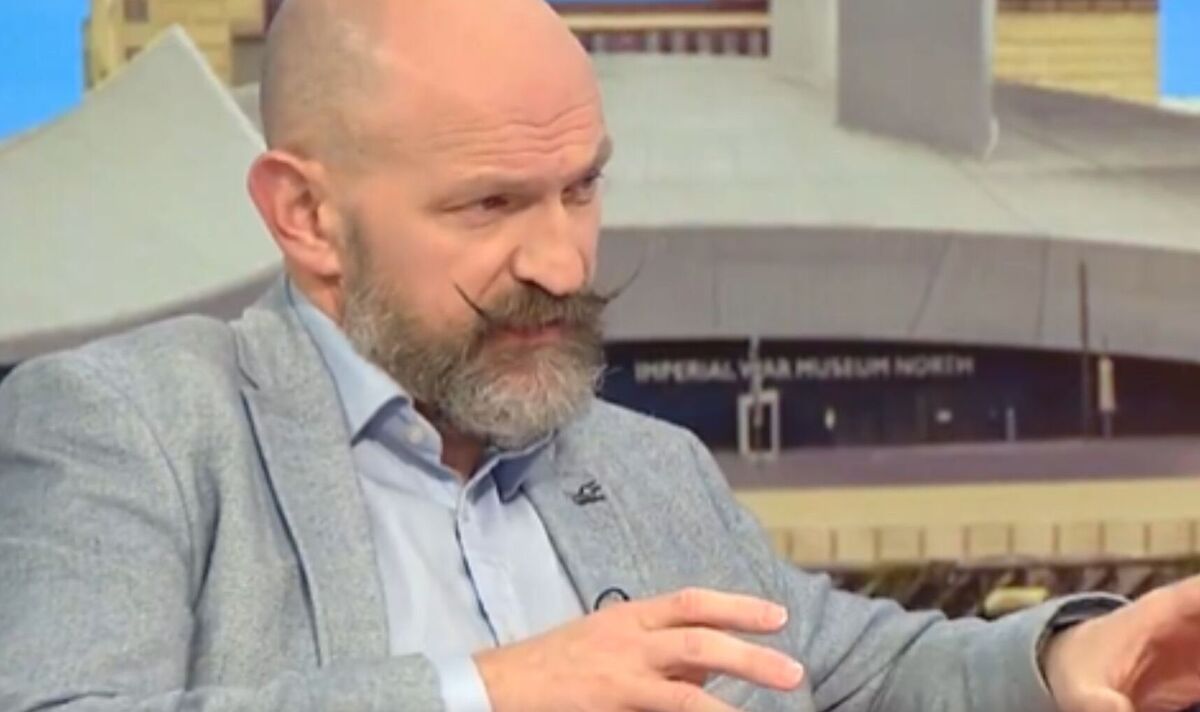
Chris O’Shea admitted it is “impossible to justify” his £4.5million pay packet when quizzed on Centrica’s profits and employee bonuses.
BBC Breakfast hosts interviewed Mr O’Shea, chief executive of British Gas owner Centrica, this morning, to which he responded: “My pay last year was £4.5million. That’s a salary, a bonus, and a long-term share scheme.”
“It’s a huge amount of money and I’m incredibly fortunate – I don’t set my own pay – that’s set by a remuneration committee.
“It’s the first bonus I’ve taken in the number of years I’ve worked at Centrica. I’ve not been given a bonus because of the hardships that customers are facing.
“I thought it was right that we put a lot of our money and profits into supporting customers. But you can’t justify a salary of that size. You cannot justify a salary of that size.”
Mr O’Shea was then asked simply why he accepts the salary if it cannot be justified, he said: “I suppose, for the same reason – the average wage in the UK is £30,000. All of us sitting on this sofa will make substantially more than £50,000.
“It’s not for me to set my own pay, and it’s not for you to set your own pay. But you’ve got to recognise that when there are people that are struggling – my mum’s on the basic state pension – it’s just impossible to justify, so there’s no point trying to do that.”
Earlier in the conversation, Mr O’Shea disclosed that Centrica raked £3.3billion in pre-tax profit last year. He said: “That includes about £500million for a business we have sold but had to recognise under accounting rules – so about £2.8billion.
“Within that, British Gas energy, the energy retail arm, made about £150million.
“In terms of the infrastructure, we don’t actually own any of the gas or electricity infrastructure in the UK. A common misconception is that British Gas own the energy pipelines. We don’t own any pipelines or infrastructure. We produce gas and store gas and we produce electricity and store electricity and we sell that to customers.”
When asked whether British Gas will restart forced prepayment meter installations, Chris O’Shea said: “I can’t say at the moment. What we’ve got to look at is how are customers managing to pay their debt.
“So our bad debt charge went up substantially. I can’t tell you exactly how much because our two-year results are out in February. But they went up hugely.”
Mr O’Shea also mentioned the possibility of a more than £200 reduction in the energy price cap for standard households. He said: “If you were to reset the price cap right now, the observation period’s got one more month to go. If you reset it right now, energy prices would come down by just over £200 for the typical household.
“And what you also have to remember is that consumers use two-thirds of their energy in winter and one-third in the summer. So you’ll see not only the reduction in price but you’ll also see a reduction in consumption.
“Just now the weather’s very cold. People have got their heating up, so they’re spending more.
“But you’ll see a double benefit for prepayment customers and customers that pay when they receive the bill. The problem is there’s one more month to go of the observation period.”
Britons have been grappling with rocketing energy bills since wholesale gas prices increased in early 2022 due to the Russia-Ukraine war.
A recent report published by the House of Commons on Monday showed typical household energy bills increased by 54 percent in April 2022 and 27 percent in October 2022.
The monthly increases in both gas and electricity prices in April 2022 alone were by far the “largest ever recorded” in a series going back to 1988. The annual increases to October 2022 were also the largest ever recorded in a series going back to 1970.
Recent lower wholesale prices have led to falls in wider prices this year, but bills remain around 59 percent above their winter 2021/22 levels, according to the report.
Despite this, energy providers have been reporting record-breaking profits. Eon, the second largest energy provider in the UK, said its first-half earnings from its UK business soared to €839million (around £720million) last year from €352million (around £302million) in the same period of 2022.
Meanwhile, ScottishPower shifted from a £87million loss in the first half of 2022 to a £576million profit in 2023.
EDF reported pre-tax profit from its UK operation increased to €2.3billion (around £197billion) in the first half of 2023, up from €860million (around £7.31billion) a year earlier.


